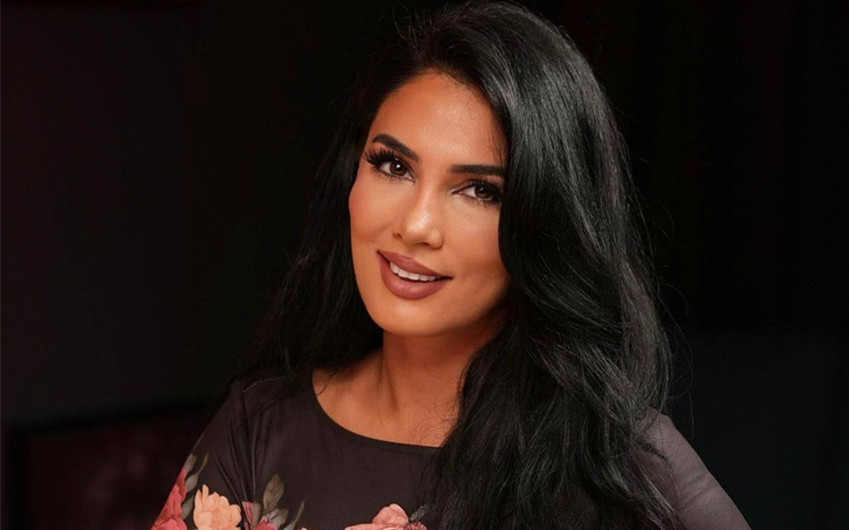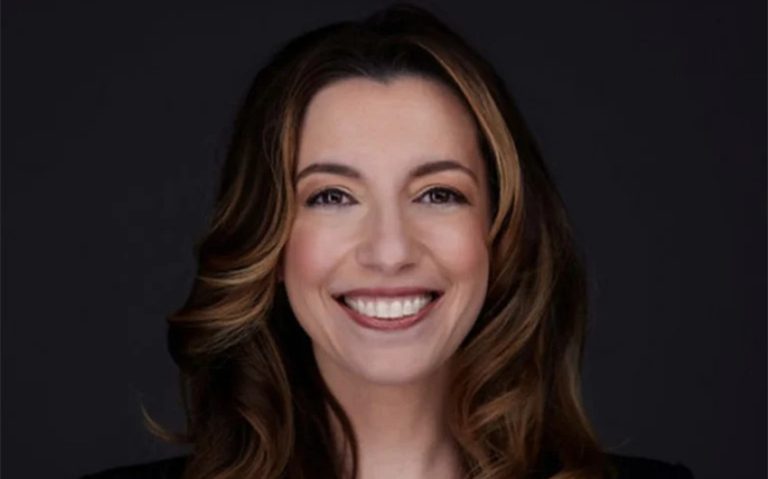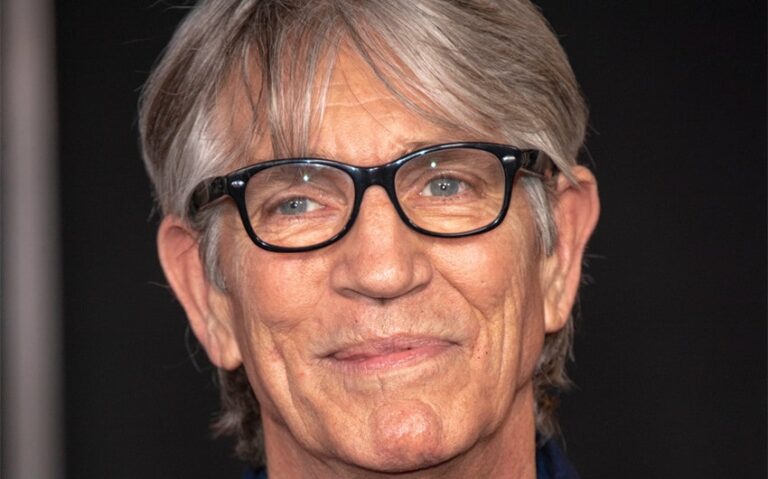Psychologist Sadia Khan has become an increasingly recognizable name in conversations around mental health, emotional intelligence, and modern relationships. Whether you’ve discovered her through podcast interviews, social media clips, or professional panels, her voice stands out for its clarity, confidence, and relevance.
But with her growing public influence, one question comes up time and time again: what is psychologist Sadia Khan’s age? While she hasn’t publicly confirmed an exact number, it’s possible to estimate her age based on her educational background and career timeline. Here’s a closer look at her journey so far and where her age likely fits into the story.
Early Life and Education
Sadia Khan, as a clinical psychologist and speaker, has built her credibility through years of academic and practical experience. Though details about her early childhood and hometown are kept mostly private, it’s understood that she has a culturally diverse background, which often informs her nuanced approach to mental health topics. She frequently addresses issues of identity, trauma, and interpersonal connection from a global lens, which suggests that her upbringing played a role in shaping her worldview.
In terms of formal education, Sadia Khan earned her degrees in psychology, which typically include a bachelor’s degree followed by postgraduate qualifications such as a master’s or a doctorate, depending on the country in which she trained. Most psychologists complete undergraduate studies by their early twenties and move into advanced degrees shortly after.
Based on the average time it takes to obtain and practice with a psychology qualification, she likely began her formal training around age 18 and could have completed her final academic milestones by her mid to late twenties. Considering her professional tone, level of expertise, and career maturity, it’s reasonable to estimate that she is now in her 30s or early 40s.
Entering the Field of Psychology
After completing her education, Sadia Khan transitioned into the psychology field, which usually includes a mix of clinical experience, internships, and supervised practice. Her career likely began with hands-on work in therapeutic settings, counseling individuals, couples, or families. These early years would have built the foundation for her client-centered communication style and calm, insightful demeanor that you see in her media appearances today.
Professionally, most licensed psychologists begin practicing in earnest in their mid-to-late twenties. Assuming a similar trajectory for Sadia, it’s safe to say she’s been in the field for over a decade, accumulating practical knowledge and refining her therapeutic approach. Her experience shines through in the way she articulates complex emotional dynamics in ways that feel both intellectually rich and emotionally grounded.
Age often plays a subtle but important role in psychology. Many clients look for professionals who balance academic knowledge with life experience. Sadia appears to meet that balance well—she speaks with the confidence of someone who has not only studied human behavior but observed and supported it in real-time over many years.
The Shift to Public Thought Leadership
What sets psychologist Sadia Khan apart from many of her peers is her ability to bridge traditional clinical wisdom with contemporary communication. While many psychologists keep their practice within private sessions or academic settings, Sadia has taken her insights to the public arena.
She’s appeared on podcasts, panel discussions, and digital platforms where she breaks down psychological concepts into accessible language. Topics she commonly addresses include relationship dynamics, attachment styles, emotional maturity, and trauma recovery. Her messaging resonates with both younger audiences seeking modern self-help and older listeners searching for deeper self-awareness.
This shift into thought leadership seems to have taken place within the last five to seven years—aligning with a cultural shift that embraces mental health as a public conversation rather than a private issue. Her rise to visibility likely began in her early to mid-30s, though her expertise suggests she had been working quietly in the field for years before stepping into the spotlight.
Social media has further amplified her influence. Through short-form videos and interviews that often go viral, Sadia Khan has been able to bring psychological insights to people who may have never sat in a therapist’s office. Her voice has become a trusted one in a noisy digital world, and part of that trust comes from how she carries herself—not as an influencer, but as a grounded professional.
So, How Old Is Psychologist Sadia Khan?
As of now, Sadia Khan has not publicly confirmed her age. This isn’t unusual among public figures in the mental health space, many of whom choose to keep personal identifiers private for reasons of professionalism and boundaries. However, based on publicly available information—such as her academic timeline, work history, and the nature of her content—it’s reasonable to estimate that she is in her mid-30s to early 40s.
If she began university around 18 and followed a standard educational path into professional psychology, her early to mid-thirties would align with the timeline of her professional presence and recent media visibility. Of course, these are only educated guesses, and age is only one part of a much bigger picture.
What’s more important than the number is the depth of knowledge she offers and the growing community that values her voice. Whether she’s offering insights into emotionally unavailable partners, teaching about childhood trauma, or encouraging healthier communication, Sadia Khan speaks with authority that transcends age.
Featured Image Source: facebook.com







